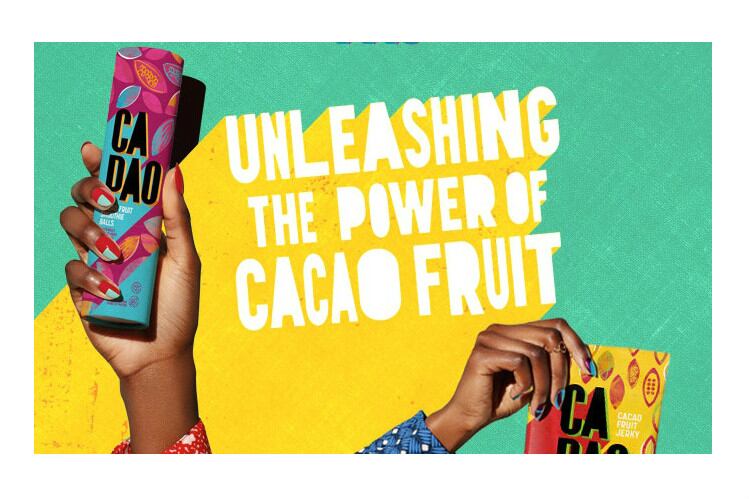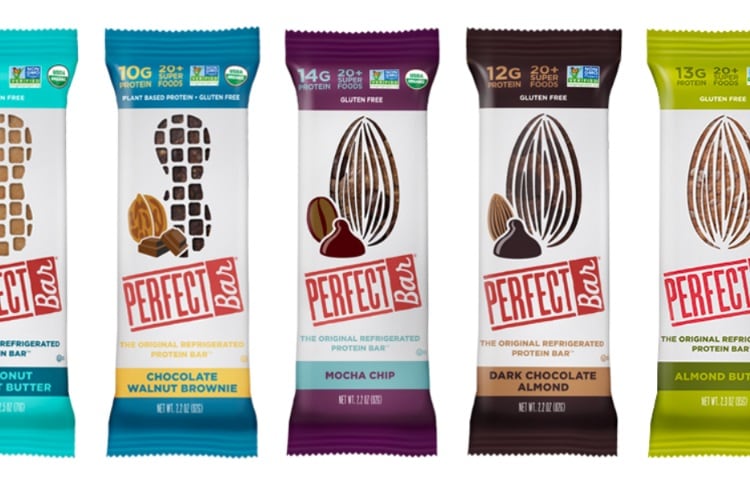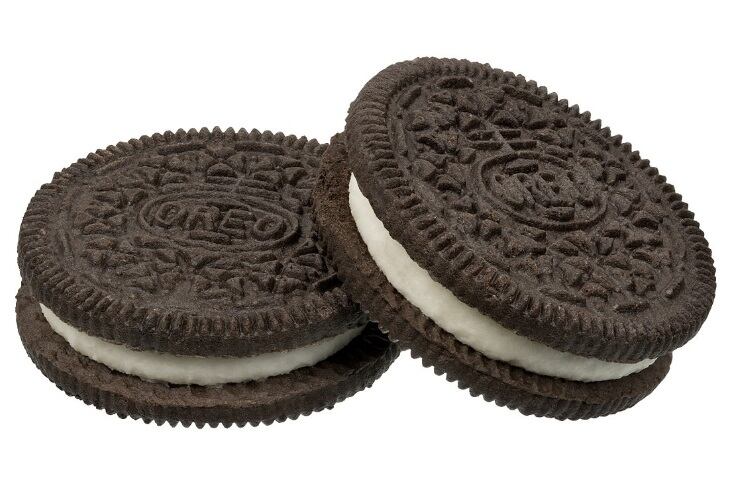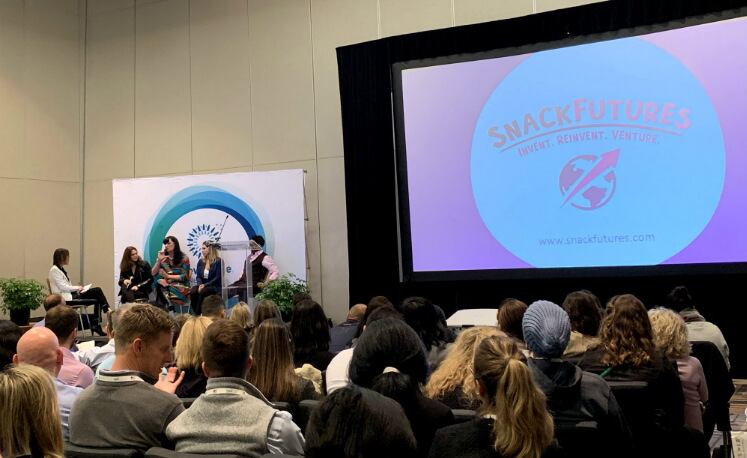Mondelēz has invested in a number of startups since its SnackFutures platform was launched last year, including a minority stake in Uplift Foods, a prebiotic-focused resource and ingredient company, and Hu Kitchen, which sells premium chocolate bars, coffee and crackers.
It has also enlisted the knowhow of Israeli food tech leader The Kitchen, which strives to disrupt the global food system by improving productivity, affordability, sustainability and consumer health.
Now it is using the platform to develop and launch its own brands, CaPao and Dirt Kitchen, both aimed to curb waste while capitalizing on the environmental and social benefits of producing Earth-conscious products.
Dirt Kitchen is prototyping vegetable chips made from the scraps of bell peppers, carrots and tomatoes, as well as a trail mix of the chips mixed with spiced nuts.
Meanwhile, CaPao will offer fruit leather made from the pulp of cacao pods leftover from harvesting the prized beans.
According to the company, cacao production typically wastes about three-quarters of each pod – up to 10m tons annually.
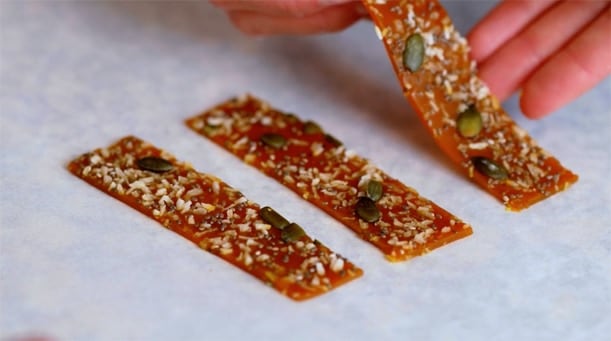
The upstart brand will also try ‘smoothie balls,’ which combine the same pulp rolled with nuts and seeds into a bite-sized snack.
Test and learn
Mondelēz is testing the viability of both brands on Kickstarter, and consumers who back product development will sneak a first taste.
CaPao and Dirt Kitchen will follow a ‘test-and-learn’ approach – a form of transactional learning that provides “a much more agile way of testing,” Valerie Moens, association director of communications at Mondēlez, told us.
“We’re taking a startup mindset and fundamentally shifting the way we think and behave when it comes to creating, testing and launching new brands,” she said.
Yet it’s very possible that neither of these brands will take off. The ingredients are also limited, according to Mondelēz, and so CaPao will officially launch with only one of the two promoted products – whichever wins more support on Kickstarter.
“It enables us to engage with a targeted group of consumers in real time and in real life situations to uncover deeper, faster learnings to decide if and how to go to market,” said Moens. “It also enables us to make close to real-time adjustments on the brand product offering or positioning.”
These brands are taking advantage of ‘out in the open’ marketing and communication channels (think social media and crowdsourcing) to engage directly with consumers. Therein lies a risk, but Moens insisted this experiment is less about success and more about learning.
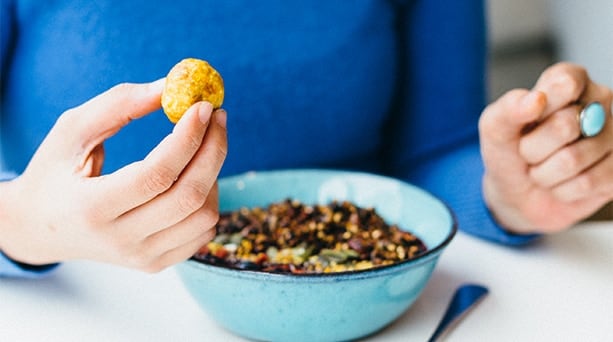
“Just like for any brand being tested, we don’t know which brands will eventually make it or not and, if they do go to market, whether it will be in the same format or even carry the same name,” added Moens.
“We’re focused on the learning at this point.”
Mondēlez's chief growth officer Tim Cofer reiterated this point when we spoke to him at Expo West earlier this year.
“The new approach that we are embracing is one far more agile: test and learn with consumers, rapid prototyping, transactional consumer learning,” he said.
“You’re not [going to] get it right, right away – that’s fine. Tweak it, learn, evolve, et cetera. Take an entrepreneurial mindset. Take a startup mindset.”
Cacao pulp
The beans of the cacao pod are coated in sticky white pulp. People in South and Central America, as well as Africa, have extracted juice from the pulp, consuming it as a refreshing drink similar to a milky coconut water.
Because growers ferment most of their cacao beans for chocolate production, pulp juice has become somewhat of a standard waste by-product, according to a study in the International Journal of Food Science and Technology.
As the cacao beans ferment, enzymes within the fruit liquefy the sticky white coating, which, if safely captured, offer a ‘milky pulp juice with a very fruity flavor.’
It also boasts plenty of nutrients, such as vitamin B, magnesium and potassium.
The pulp could also be fermented with yeasts to create an alcoholic, wine-like beverage.

